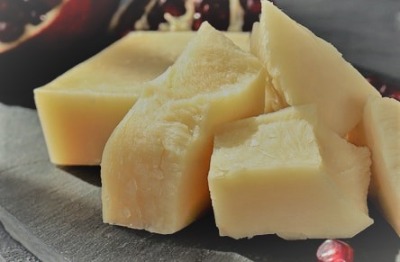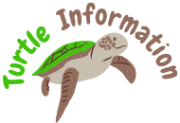 If you’ve ever accidentally left a slice of cheddar out on the kitchen counter long enough for it to start growing mold, you know how tempting that can be. For those of us privileged enough to have our very own pet turtle, can we give her some cheese for lunch?
If you’ve ever accidentally left a slice of cheddar out on the kitchen counter long enough for it to start growing mold, you know how tempting that can be. For those of us privileged enough to have our very own pet turtle, can we give her some cheese for lunch?
So, can turtles eat cheese?
It can be tempting to feed your little emu-shelled friend a nice gooey piece of Gouda or an oozing chunk of brie, but is this safe? Most experts will advise against feeding any type of dairy product directly to your turtle for several reasons. First and foremost is calcium absorption. You see, reptiles can only absorb calcium from their digestive tract when the source is in the form of pre-digested, soluble calcium. This is why you can give your turtle some live crickets to snack on but can’t fill the bowl with a heap of dead insects. The cricket will have already metabolized its own body into mineral-rich droppings that can be easily absorbed by your turtle’s intestines and used for strong shell building.
Cheese can never be properly digested by your pet because for her short digestive tract it has no time to be broken down and turned into a useable form, and therefore can’t be used to generate calcium.
Calcium is vital for the formation of many things, most notably a healthy skeleton and sharp teeth. The reason some processed dairy products can be given in small quantities to reptiles is actually because the calcium has already been dissolved and added back into it (it’s often listed on the can as “added calcium”). Eggs can also safely be added to a turtle’s diet, since they have already been metabolized by the laying hen before being laid. In fact if you are planning on offering your pet any type of prey animal make sure that it has already been digested completely or else there will be nothing beneficial left for her!
While this knowledge can be applied to other foods as well, such as the calcium in their greens or the protein and fats from animal-based meals, bear in mind that cheese can still be harmful even if it can’t be digested. Oxalic acid is commonly found naturally in leaves and can also form when other acids like citric come into contact with certain minerals. This substance can severely impact your turtle’s health because she can’t metabolize it either!
Oxalic acid can bind to calcium inside of your pet’s intestines, blocking its absorption so that vital mineral can never get through to where it is needed. When oxalates build up too much they can crystallize which can lead to kidney failure for your turtle since her natural filtration system won’t work anymore (this is a big part of the reason why calcium can build up in your turtle’s kidneys and cause problems). Oxalic acid can also make the shell of a young animal very soft or even dissolve it completely!
So can turtles eat cheese? The short answer is don’t feed it to them! Cheese can be dangerous for turtles because it can’t be digested.

I have a big soft spot for turtles. I grew up near a pond that was full of snapping turtles. Now and then I’d see them crawling across our front yard, which was always exciting.
Now I write about turtles for this website as a fun side hobby. Glad you stopped by!
